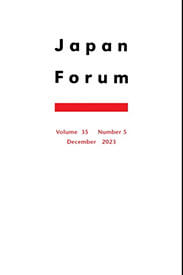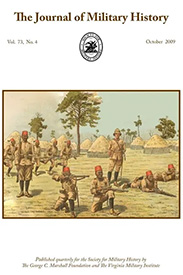The life and intellectual career of the Japanese ideologue, author and revolutionary Kita Terujirō (Ikki) was, and is still, debated by scholars of modern Japanese history. While some define him a socialist and others as a fascist, many historians tend to agree that he shifted from socialism to fascism in the middle of his career, around 1916, when he was writing his second book, Unofficial history of the Chinese revolution. This article argues that, while Kita’s thought certainly contained fascist and socialist elements, its connecting thread was in fact utopian and eschatological, and that Kita should be seen as a spiritual visionary rather than as a conventional socialist or fascist. Furthermore, Kita had indeed undergone a significant change while writing Unofficial history of the Chinese revolution, but this change was not ideological, but rather epistemological. In other words, a transition in Kita’s understanding of how valid knowledge should be obtained shifted his ideology from a relatively peaceful to a violent, revolutionary direction. This shift had a significant impact on his famous plan for the reorganization of Japan and, therefore, on Japanese radical groups, primarily in the army, which endorsed his plan during the 1930s.


